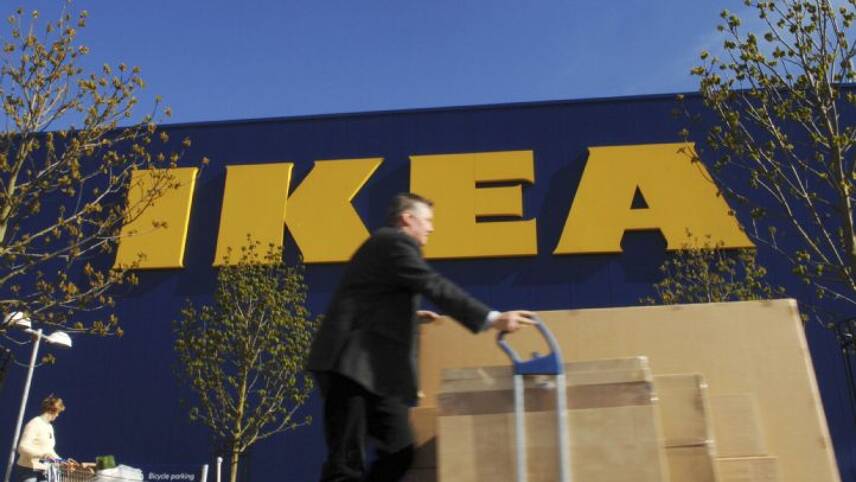Register for free and continue reading
Join our growing army of changemakers and get unlimited access to our premium content

Ikea is working towards an ongoing target of becoming “a truly circular retailer”
Ikea will trial a furniture leasing system across its Swedish stores by the end of February, the company told the Financial Times, with the scheme set to initially include office furniture for business owners.
Under the scheme, businesses will rent their furniture for a set period before it is taken back by Ikea for either refurbishment, upcycling, resale or recycling. They will then be offered the chance to lease something new.
“We will work together with partners so you can actually lease your furniture and, when that leasing period is over, you hand it back and you might lease something else,” Inter Ikea’s chief executive Torbjourn Loof told the Financial Times.
“And instead of throwing those away, we refurbish them a little and we could sell them, prolonging the lifecycle of the products.”
If the trial is successful, Ikea may decide to roll the concept out across other markets and to add kitchens for the consumer market, the company has said.
“It’s interesting if you, as a consumer say, ‘I can change and adapt and modernise my kitchen if that’s a subscription model’,” Loof added. “You could say leasing is another way of financing.”
Business model shifts
The launch of the scheme comes after Ikea UK’s sustainability manager Hege Sæbjørnsen unveiled the retailer’s ongoing target of becoming “a truly circular retailer” last year – a move she has argued will be fundamental” to the retailer’s ability to grow, remain relevant with customers and survive long-term in the ‘peak stuff’ era.
IKEA is now making some products, such as water bottles and storage crates, from plastic waste, and last year launched its first kitchen incorporating 100% post-consumer recycled (PCR) plastics and PCR wood. All products are now being designed using its ‘democratic design’ principles, which are founded in circular values and focused on making products accessible to all.
Ikea is additionally working to expand its global furniture take-back scheme, which will be offered as standard to all London customers this year after a trial scheme in Cardiff collected 1.1 tonnes of product. In 2017, the company’s UK take-back offers saw 1960 sofas, beds and appliances recovered for reuse and recycling.
These shifts form part of the global business’s updated People and Planet Positive strategy, which includes a pledge to design all products using only renewable and recycled materials by 2030. Unveiled last summer, the strategy also includes a 2020 ban on all single-use plastics and an ambition to source 100% renewable electricity.
Resource challenges
More widely, rental models are also beginning to gain traction in the transport and fashion industries as corporate concerns surrounding changing consumer habits and resource scarcity challenges mount.
China-based clothing hire firm White Closet, for example, has built up more than five million subscribers since its launch in 2015, with rival YCloset experiencing similar levels of success.
While this industry is undeniably more developed in China and Japan than in the UK and Europe, similar business models are beginning to emerge. The UK’s first streetwear rental firm, The Drop, recently launched in London.
Elsewhere, the likes of Volkswagen (VW), Renault and Jaguar Land Rover (JLR) have begun investing in electric car sharing schemes, as more of the global population moves into cities. VW’s recent research found that the uptake of on-demand vehicles in Europe is set to rise by 15% annually, with young motorists increasingly seeking to take part in the sharing economy.
Sarah George


Please login or Register to leave a comment.